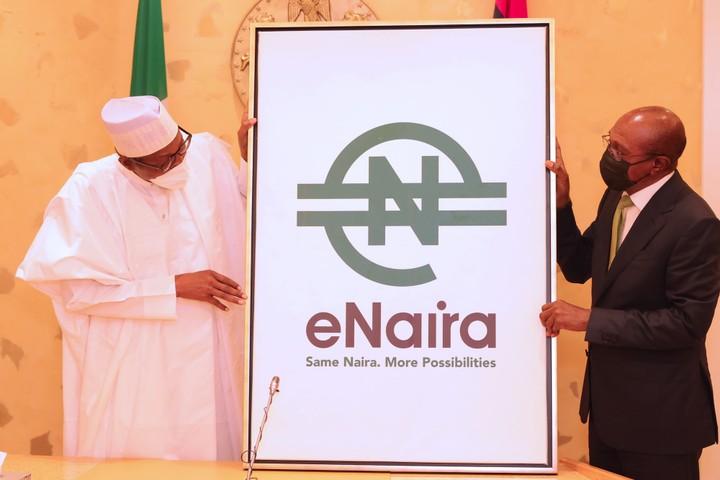The Central Bank of Nigeria (CBN), has revealed it is set to introduce the Unstructured Supplementary Service Data (USSD) code as a mode to help over 30 percent of Nigerians who are yet to get into the financial system.
The Deputy Governor of the CBN, Kingsley Obiora, explained this at the IMF African Department Speakers Series held virtually on Friday.
“We have made serious progress in the last seven to eight years because when the current governor resumed in 2014, one of the pillars of his vision was to significantly improve financial inclusion.
“So at the time, we were at 48 percent of our population within the financial system, and given several policies that he conceived and implemented, we are almost at 70 percent.
“That still leaves us with about 30 percent of our population out of the financial system and we believe the CBDC can help reduce that number even more.
“A lot of people might not have smartphones but that is essentially the next step of our improvement in the CBDC, to introduce the USSD code, so those that do not have smartphones can still transact,” Mr. Obiora said.
Accordingly, the CBN deputy governor explained that the eNaira platform has a low obstacle, making it easy for anyone with a Bank Verification Number (BVN) to be logged into the eNaira platform in a matter of minutes.
He said that the country’s digital payments had increased in value from $324 billion in 2008 to almost $2.4 trillion now and that Nigerians are now accustomed to using them.
“As you know, within the continent we have one of the largest Fintech companies, Futterwave, Paystack, etc,” he stated.
The CBN opted to introduce the CBDC because it offered enormous benefits for Nigeria, he added.
Mr Obiora claimed a number of advantages, including increased financial inclusion, lower cash processing costs, direct welfare payments to citizens, and a reduction in the informal sector.
Others include increasing tax collection, enhancing cross-border trade and remittances, lowering payment costs and increasing efficiency, and just promoting economic growth in general.
Investors King gathered that the eNaira, being Africa’s first digital currency, has risen to the top of the global retail CBDC rankings, with app downloads increasing to 756,000 from 700,000 in December 2021.
Likewise, eNaira was given a retail index rating of 95 in the survey, and the country was also placed first in Africa. The index is based on research from the BIS, the World Bank, and PwC.

 Billionaire Watch3 weeks ago
Billionaire Watch3 weeks ago


 Startups4 weeks ago
Startups4 weeks ago


 News4 weeks ago
News4 weeks ago


 News4 weeks ago
News4 weeks ago


 Bitcoin4 weeks ago
Bitcoin4 weeks ago
 Naira4 weeks ago
Naira4 weeks ago
 Forex3 weeks ago
Forex3 weeks ago
 Treasury Bills4 weeks ago
Treasury Bills4 weeks ago














